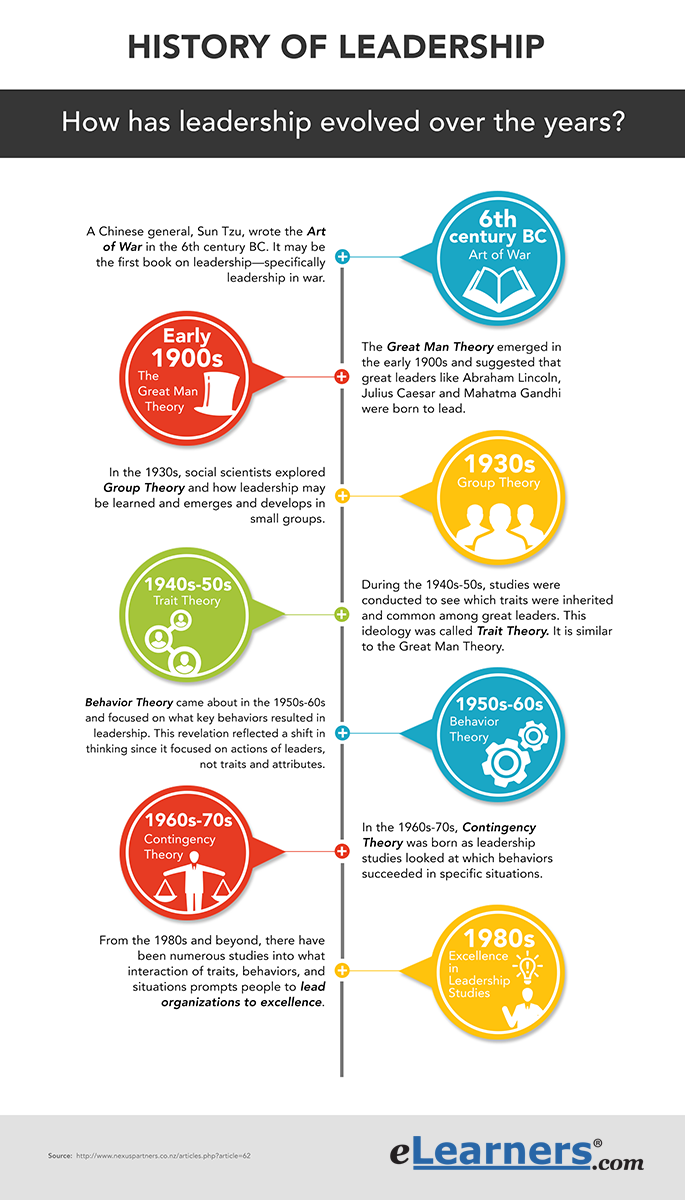If you are intrigued by the field of organizational leadership and are considering a major in this area, you may want to learn what drives this top industry. What is organizational leadership? Organization leadership can best be described as a form of management that simultaneously addresses two things: what is best for individuals and what is best for a group. This type of management strives to empower people to lead whether they are positioned near the top, middle, or bottom of organizations. It includes the study of leadership in different types of organizational settings, such as for-profit and non-profit organizations.
Key Components of Leadership
You may be wondering what is business leadership and what it is comprised of. Organizational leadership is made up of five key components: Leadership, Ethics, Communication, Strengths, and Worldview.
- Leadership – Sometimes, people are scared of stepping into leadership positions because of fear of rejection. Leaders move beyond fear and lead by example. In doing so, they may increase the value of an organization through showing respect to others, being fair, exhibiting honesty, and keeping promises.
- Ethics – Ethics are the moral principles that govern behavior. Organizational leaders use ethics as a lens to view any problems that may arise. By using ethics as a compass, truth may found and hidden agendas discovered.
- Communication – Communication in organizational leadership supersedes emailing, phone calls, in-person meetings, and texting. Those are modes of communication. Effective communication also entails listening to what the other person is saying through his or her perspective, looking past differences to find common ground, and understanding the underlying beliefs, values, and expectations of the people we are communicating with.
- Strengths – Organizational leadership management works with the strengths of other people while navigating around weaknesses.
- Worldview – An important aspect of organizational leadership involves being able to view the world through another person’s eyes. Worldviews may include a person’s beliefs, attitudes, opinions, and outside forces that influence him or her.
Types of Leadership
With a degree in organizational leadership, you may choose to work in:
- Administration
- Non-profit management
- Politics
- Public policy
- Business
- Human resources
Art vs. Science of Leadership
There is a debate about leadership and how it is classified. Some people view leadership as only an art and see it as expression of human creative skill and imagination. Other individuals interpret leadership as science or careful observation based on facts and learned through experience. However, organizational leadership may encompass both of these views. Managers do not just think of demands and stand by as the demands are carried out throughout an organization. Often, managers want employees to feel as if they are valued and that everyone is on the same page as a team. This process may use science-based techniques yet still require art-like finesse and creativity. Organizational leadership may then be seen as a blending of art and science to provide organizational direction.
Organizational Leadership Skills
If you are serious about earning a degree in organizational leadership, it may be useful to understand important business skills. What are leadership skills that could be of assistance to you when you begin your organizational leadership career? Below are some skills:
Passion
Leadership
Organization
Ability to delegate
Ownership
Responsibility
Communicates well

